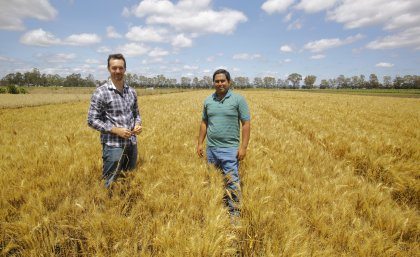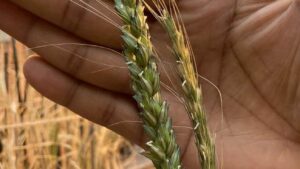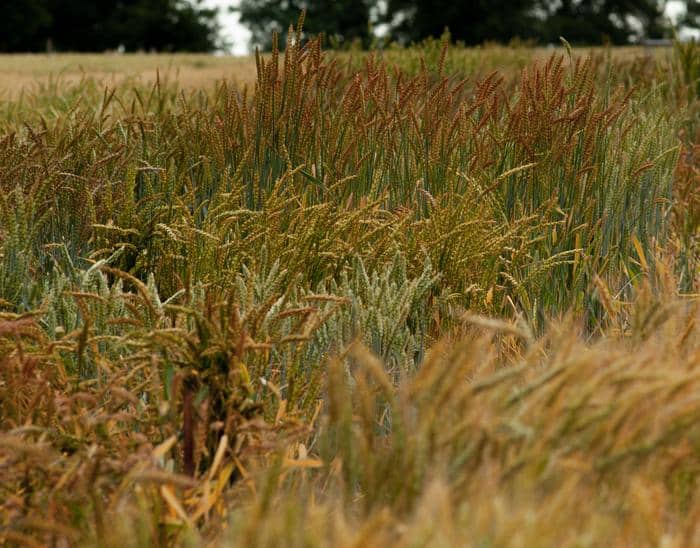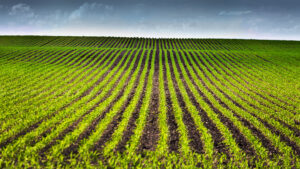Scientists from The University of Queensland in Australia are undertaking world-first research into ancient wheats to ensure the crop’s future.
Queensland Alliance for Agriculture and Food Innovation’s Dr Lee Hickey said humans domesticated wheat about 10,000 years ago.
“Modern breeding and a switch to monoculture cropping has greatly improved yield and quality, but the lack of genetic variation has caused crops to become more vulnerable to new diseases and climate change,” he said.
“Diversity in ancient strains could hold the key to the future.”
Dr Hickey said disease and drought cost the industry millions of dollars every year, and climate change was likely to make the situation worse.
Fortunately for today’s researchers, Russian scientist Nikolai Vavilov devoted his life to the improvement of cereal crops.
During the early 1900s, Vavilov travelled the world collecting seeds that he stored in a seed bank in Leningrad, now known as the N.I. Vavilov Institute of Plant Genetic Resources.
“Vavilov’s unique seed collection represents a snap shot of ancient wheats grown around the world prior to modern breeding,” Hickey said.
Following in the footsteps of the Russian scientist, UQ PhD student Adnan Riaz has performed the world’s first genome-wide analysis of Vavilov’s seeds.
“A total of 295 diverse wheats were examined using 34,000 DNA markers,” Riaz said.
“The genomic analysis revealed a massive array of genes that are absent in modern Australian wheat cultivars.
“The ancient genes could offer valuable sources of disease resistance or drought tolerance.”
The Hickey Lab has offers the research community open-access to this resource, including the pure seed of the ancient wheats, along with DNA marker information.
“We hope this will empower scientists and wheat breeders to rediscover genetic diversity lying dormant in our seed banks,” Hickey said.













